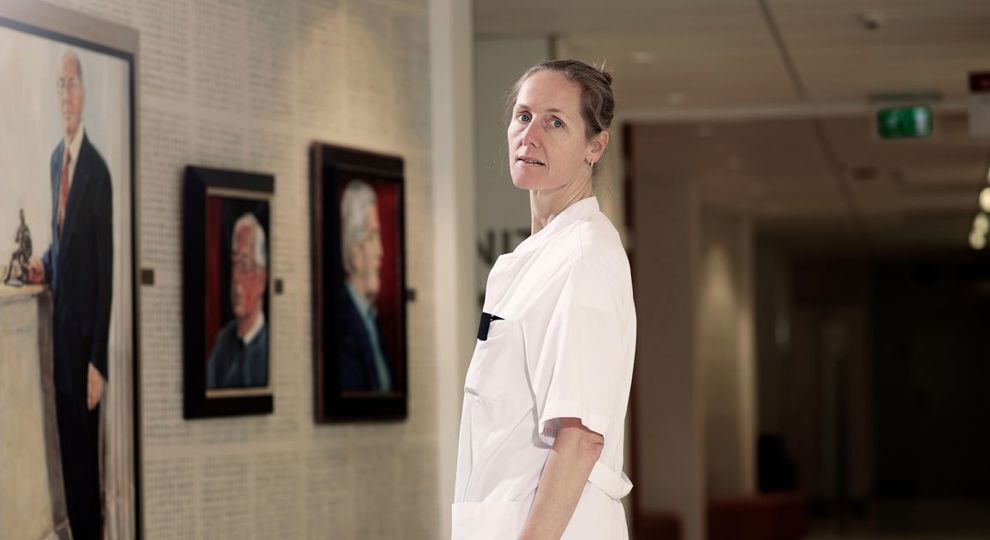‘Cancer during pregnancy can be intense’ | Christianne Lok in NRC
6 Nov 2020 13:56
It’s rare, but some women develop cancer during their pregnancy. Christianne Lok merges the expertise of various physicians, and discussed her work in an interview with NRC Handelsblad.
“Cancer leads to uncertainties,” says gynecologic oncologist Christianne Lok of the Netherlands Cancer Institute in Amsterdam. “You can offer some peace of mind by letting a patient know that there were 20,000 people who came before her, and that research has shown us what the best treatment options are. But this isn’t the case for women who develop cancer during their pregnancy, because there is so much that we don’t know. And they don’t just worry about themselves, but also about their child. It’s all very intense. I want to do my best to give them the best care possible.”
CV New Zealand
Christianne Lok, gynecologic oncologist, has been working at the Netherlands Cancer Institute since 2013. She studied medicine in Amsterdam at the VU, then specialized in gynecology at the Amsterdam UMC and spent a year working in New Zealand. She obtained her PhD at the University of Amsterdam.
Approximately 200 pregnant women in the Netherlands are diagnosed with cancer every year. Breast cancer is the most common type, followed by blood cancer, cervical cancer, and melanomas. Ten years ago, physicians barely treated women during their pregnancies to avoid any impact on the unborn child. Most physicians opted to terminate the pregnancy or induce the labor early.
Nowadays, about three quarters of all pregnant women receive treatment and 90% of babies are born alive. This change in treatment method has been made possible in part by Lok’s research and recommendations. In 2012, she founded The Advisory Board on Cancer in Pregnancy together with 27 other experts, offering advice about the best treatment options to all care providers. Several countries in Europe are currently working into establishing similar advisory boards. Lok intends to set up a European advisory board for rare tumors during pregnancies.
Physicians face difficult decisions.
 nl
nl
 Nederlands
Nederlands
